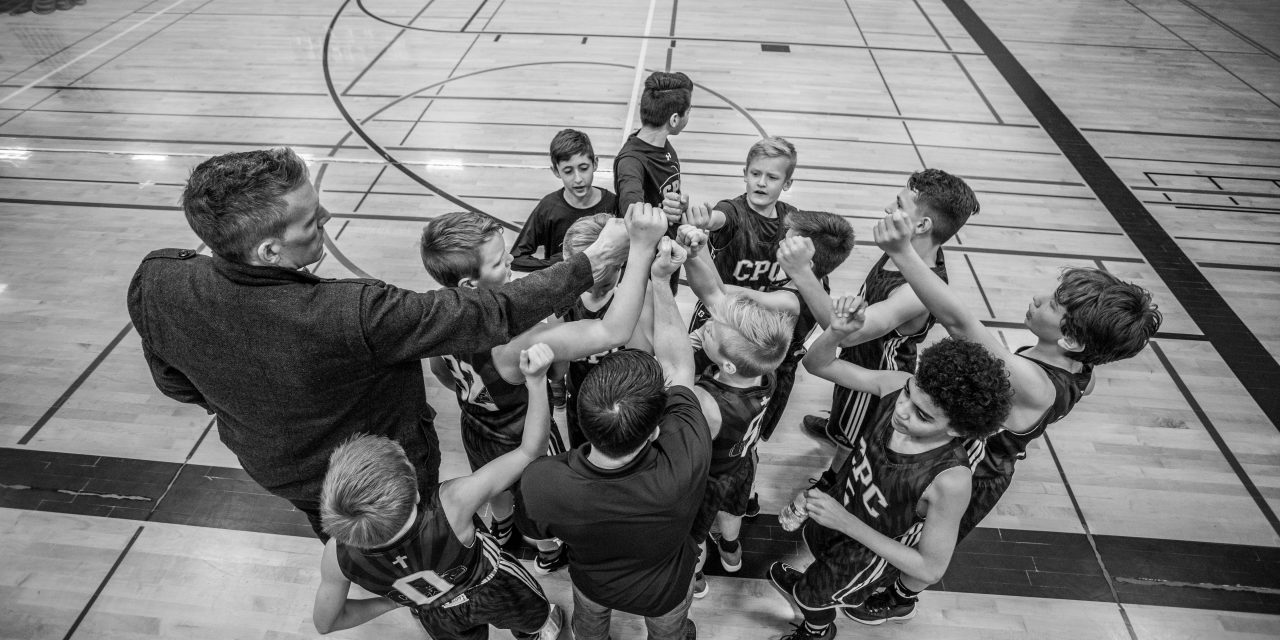If you get the opportunity to be a youth sports coach, it can bring a lot of benefits to your life. You get the chance to shape the future of young people, and the team may include your own child or children.
It’s something you have to take seriously, however. This is especially true as we see increasing instances of parents and adults losing their cool at youth sporting events and also the potential long-term effects of youth sports injuries, including head injuries.
When you’re a coach, it’s up to you to set the tone in terms of safety, but also teamwork.
The following are some things you should know if you’re new to youth coaching, or even if you have experience.
Safety Is Always First
As a youth coach, you can’t let enthusiasm get in the way of player safety.
If you notice any signs of an injury in a player, it’s up to you to make sure it’s dealt with right away, and you should give yourself a crash course on the signs of head injuries and concussions, particularly if you’re coaching a contact sport like football or hockey.
Your role is to defend your players against injury, and you always have to err on the side of safety above winning or anything else.
You want to create a positive environment, rather than one that’s toxic and potentially dangerous.
In many states, there are even laws that will apply to you as a youth coach.
Use Positive Reinforcement
Youth coaches sometimes struggle to find an effective strategy, but when working with kids in general, positive reinforcement is critical.
When you’re a coach and you’re only offering criticism to your players, it’s going to actually make them less confident players, and that’s the opposite of what you want.
Instead, focus on positive reinforcement and constructive feedback versus criticism.
You want to show positivity so that you’re making your team feel secure and supported because that’s the best way to build up their strengths.
Be Purposeful at Practice
One of the most important things you can do as a youth coach in terms of helping your team learn the skills they know is making practices valuable.
During practice, you want to keep it interesting to make sure your players are engaged. Try new drills and teach skills at every session, if possible.
You want to have a plan and a roadmap for each practice, and you want to set small goals for each time your team is together.
It’s your role to teach during these practices, and coaches often feel the practices are the most important part of what they do.
Get to Know Your Athletes
You should try to get to know every athlete on your team in a personal, individual way. Get to know their family if possible as well.
This will help you build relationships that will then let you understand the most effective way to coach each player individually for the benefit of the team.
You can learn the strengths and weaknesses of every player so that you’re appropriately and accordingly adjusting how you coach.
As well as getting to know your athletes on a personal level, you also need to have an understanding of the general age group you’re working with and what you can expect both physically and emotionally from them.

Be Positive at Game Time
In general, being positive is so important if you’re coaching youth sports, but this can be challenging to maintain when it’s game time.
It’s up to you to set the tone for not only your players but also their parents.
Don’t refer to the other team as the enemy or something that needs to be destroyed.
Don’t blame umpires or referees, and keep your own sense of perspective as far as the game.
Finally, if you’re coaching your child’s team, you really want to be able to separate who you are as a coach from who you are as a parent.
Don’t blur the lines. You’re the coach on the field, and mom or dad when you’re at home. When practice or a game ends, so should your role as coach. You don’t your child to start to feel that your love for them is conditional on their sports performance.
You also need to avoid showing favoritism to your own child or their friends as a coach.
There are challenges that come with youth coaching, but so many rewards as well.












